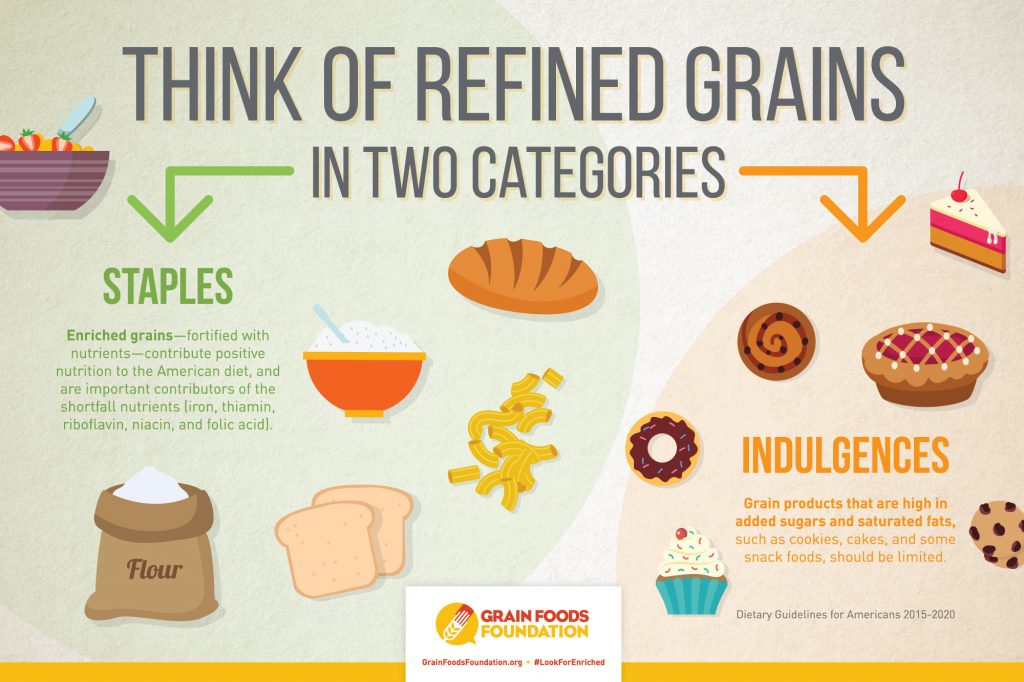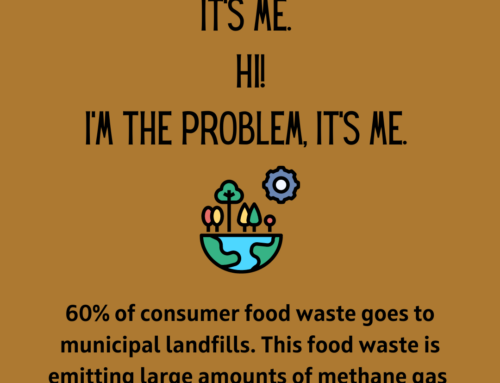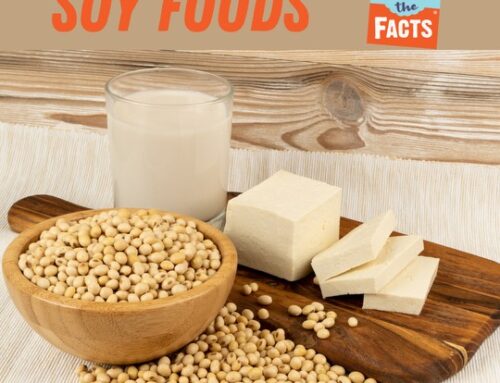January has come and gone, and I want to share what I have brewing on the blog calendar over the next several months. I’m really excited about this upcoming content.
Gut Health
Each year for the past few years, we’ve continued to see emerging science about gut health. The gut is indeed connected to the brain, and to the heart. There is something called the gut-brain axis, and scientists believe that the gut may act as a “second brain”. Improving your gut health may be a first line of defense to keep everything else in check. Gaining a better understanding of both prebiotic foods (certain food fibers that benefit the microbes that live in us) and probiotic microorganisms will be important.
Refined Grains
Have you been avoiding refined grains? Well, brain melt: Refined grains aren’t bad for you!
I have always shared that I don’t like whole wheat pasta, and use regular (usually imported from Italy). I always have bought a variety of breads – including white, Italian, French, and multi-grain. You can too! Somehow, the message has been mixed up – putting a slice of white bread in the same category as pie or sweet rolls. The recommendation is to make half of your grains whole grains. This means that refined grains fit into your diet too. So go make yourself some really good toast with Italian bread, allow your child to enjoy his peanut butter sandwich on white bread, and don’t worry about enjoying some white rice or pasta this week.

Nutrigenomics
Nutrisystem® recently began using a genetic test that may give you insight into what type of diet your body favors, and which nutrients are of concern for your body’s metabolism. It’s called DNA Body Blueprint® and I had the chance to use the test (I was sent a free test to try). The results were surprisingly on target, and I’ll be sharing more about that in a later post.
Nutrigenomics will definitely continue to be trending as more science becomes available to evaluate metabolism to determine how food and genes interact. If we eventually have good science that can personalize diet therapy, we could have improved health outcomes. You’ll still have to change your behavior, however.
On the Blog
Over the next several months, I’ll be exploring these topics further, including:
- An evolution of meal planning. New data suggests that people are sitting at the table less and less at home. I hope to explore this topic, and come up with new strategies for you, so you can make healthy meals and snacks happen.
- More about why grains (including refined grains) should still be making it to your plate.
- The emerging science of what impacts the gut microbiome is fascinating. You certainly have likely seen ads coming through your feed with products to promise to nourish your gut microbiome. Unfortunately some of it may be valid, and some of it may just be another money-driven supplement. I’ll be sharing some facts about what may impact gut health, and what may not.
- The difference between a prebiotic (certain types of fiber) fiber and other fibers. This continues to be an area of confusion, as science is still researching how these fibers work in the body. Eventually we’ll have a broader list of which fibers can be classified as prebiotic.
- There’s also more to learn about probiotics, and how knowing what the probiotic strain is determines whether a product is useful or not. You may often see products boasting the number (millions) of probiotic bacteria, but it’s the specific strain that you’ll want be on the lookout for.
- Further study will emerge on genetics and how the human genome may provide selective information to personalize nutrition recommendations. Nutrigenomics is the integration of genomic science with nutrition and other lifestyle variables. Nutrigenomics may indeed be the future of diet therapy prescription. The science isn’t quite there yet (but it’s getting close).
- Plant gene editing may help solve real problems in farming (with climate change, a growing population). I recently mentioned this to a neighbor who replied “I didn’t know plants had DNA!” So, there’s definitely more to learn.
- More news about how important early feeding is. The first 1000 days of an infant’s life serve to set them up for health, for better or worse. The more parents can focus on proper feeding (age-appropriate introduction of solid food, fostering good habits), the better chance a child has for better development.
My goal has always been to decipher the data and provide you with information you can use. I also want to encourage you to be a more savvy consumer – taking in all of the dietary information and food fads that you hear every day, and pausing to think critically about them.
You often may hear “the scientists (or doctors or dietitians) can’t make up their mind!” But that’s exactly it, nutrition is an evolving science. Nutrition scientists and registered dietitians continually evaluate new data based on current research to determine how it all fits together. Stay tuned for what’s on the table!
I had the opportunity to attend a food and nutrition conference last month covering hot topics in nutrition science and the food trends that follow it. Part of my travel expenses and my continuing education credits were paid for but I was not paid to write this or any future posts.




